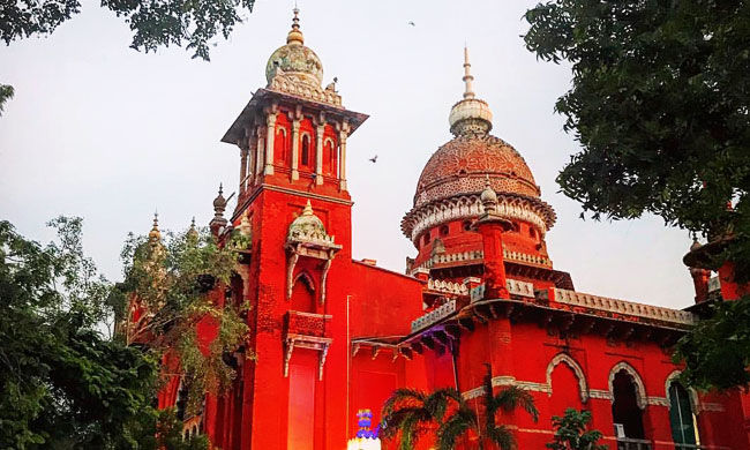The Madras High Court has quashed the reassessment proceedings and held that an audit objection does not satisfy the requirement of the Assessing Officer having an independent "reason to believe" that income has escaped assessment, that too after the elapse of nearly six years. The single bench of Justice Anitha Sumanth has observed that all materials with regard to the computation...

